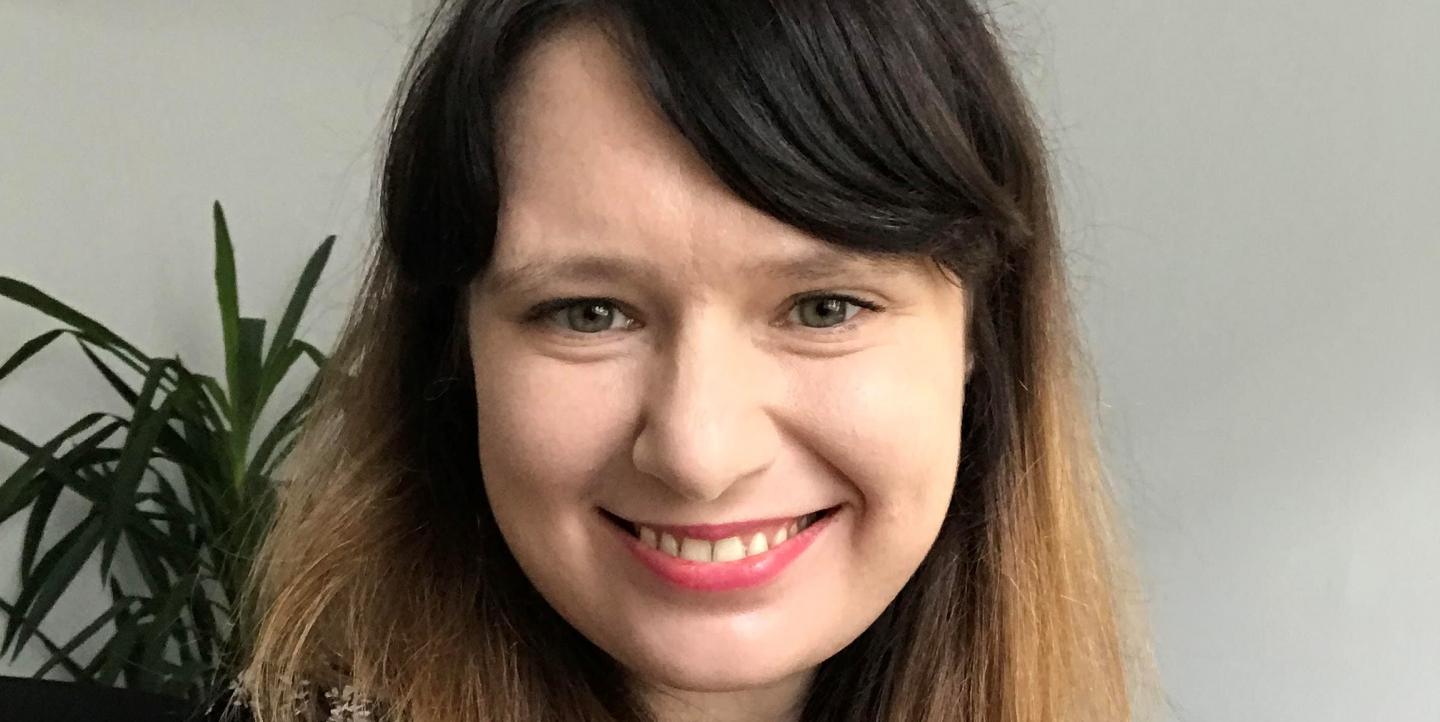For Anna Kiedrzynek, mental health isn’t a trend. It’s the lens through which she, as a journalist, covers a variety of topics. Throughout her work, she has strived to highlight important social and cultural issues in her home country of Poland.
A freelance reporter based in Warsaw, Kiedrzynek got her start in journalism during college. As a proofreader for her university paper, Kiedrzynek discovered that writing was her true passion. She has since published stories in Newsweek, Duży Format and Tygodnik Powszechny.
To help advance her career, Kiedrzynek found several opportunities to report from abroad in new environments. Through IJNet, she learned about the Gabriel García Márquez Fellowship in Cultural Journalism in Colombia, the Transatlantic Media Fellowship programme and the Milena Jesenská Fellowship in Vienna, Austria.
“I came back a completely different person and a completely different journalist, who was more courageous, more brave and I was starting to think about what my career should look like,” she said.
Kiedrzynek has shifted the focus of her journalism from cultural writing to reporting on social issues, aiming to produce more long-form, feature articles. Some of her recent work has looked critically at Catholicism in Poland and how young people have been distancing themselves from their faith. Currently, she is working on a book about psychiatry in her home country.
You’ve done a tremendous amount of mental health reporting. How have you seen this topic change over the years?
We have this trend where we are talking about mental health more and more, but I'm still not quite satisfied with the way that we are talking about it. Now, it's becoming less and less taboo, but not in every area.
For example, we are getting more used to talking about depression, which is great. But in Poland, we still don't have the language to talk about, for example, chronic mental illnesses like bipolar disorder [or] schizophrenia.
[Read more: Mental health tips and resources for journalists]
How do you approach your own reporting on this topic?
What I find really annoying in the media, and what I'm trying to avoid in my reporting, [are] anti-psychiatry attitudes. [For instance], the media likes to report on stories where you can show mental hospitals as very awful, horrific places like taken from a horror movie.
It's very important for me to show mental health care systems, especially the state-based ones, not as horrific places, but places to make people feel better — to destigmatize psychiatry.
What is one of your favorite pieces that you’ve reported on during your career?
One of my favorite pieces that I published recently is a story about how LGBT people were hosted by Polish farmers in the rural country. There's still a huge problem with the perception of LGBT people in Poland. They don't have rights and a lot of conservative parties consider them people who are different and not in a positive way.
[For this article] I wrote about a project by an artist called Daniel Rycharski, who put LGBT people from big cities in Poland in touch with farmers from the area he grew up in. I talked with LGBT people and also the farmers about their reflections and impressions after this project. It was really satisfying to capture the state of mind of people who we used to see as very conservative, very traditional, maybe even homophobic to some point. I think that both the artist and I with this article were able to capture how it's changing for the better.
[Read more: Tips for ethical trans representation in your reporting]
What has been one of the biggest challenges you’ve come across in your reporting?
The biggest challenge, if you want to do this type of slow, high-quality journalism, is an economic challenge. It’s very difficult to make a living doing only what I’m doing. The market is very difficult and contracts for journalists are usually temporary. There are a lot of young, talented journalists, but there's not enough space for them in the Polish media.
That's why I have this impression that to shift from this corporate way of working to a slow-journalist way of working is basically trying to fund yourself with fellowships [and] big grants. That way, you're able to guarantee [some] kind of social safety [and] social security, because the media are not giving that to anyone. This economic conflict is making everything way harder.
What advice would you give to emerging journalists?
First of all, I would say look around, because stories are everywhere. Most of all, start working with news. Even if in the future you want to become a documentary filmmaker or write long-form features, it is still good to start in the news cycle.
Always believe in the stories that you want to tell and don’t give up too easily, because the challenges will be very big and sometimes very unexpected. Being a journalist also means being willing to change and adapt to new circumstances.
Abigail Adcox is a Communications Intern at ICFJ.
Main image courtesy of Anna Kiedrzynek.

